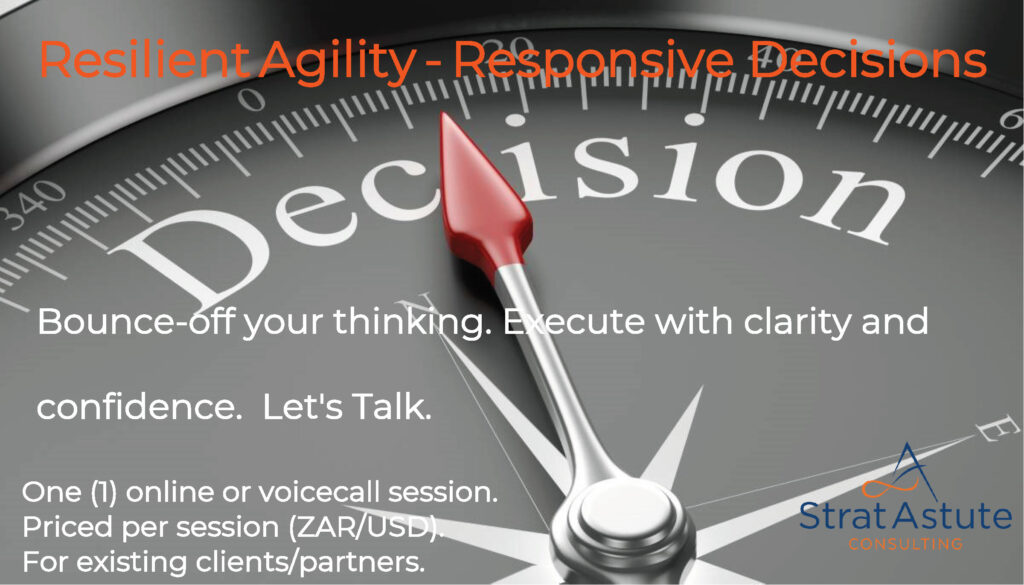When you connect with the purpose of your work, that calling motivates performance from the inside, despite the odds ...
I visited a State hospital this morning. A stark contrast to the basic healthcare infrastructure that one expects, as relates to ambience, sterility, resources and many other aspects. To the critical eye, "everything" is lacking and the SDG3 quality-healthcare advocate in me was quick to observe that, "Things are falling apart...". Those in the system, openly say that; their tenacious focus confirms it.
However, this is the amazing silver lining ...
What is far from falling apart is the spirit, committment, dedication and sheer passion from the hospital personnel - from the security gate, to ward staff to interns and specialists. One patient said, "They really CARE!". This is no overstatement - despite the depressing surroundings on an icy morning, the warm greetings, smiles, jokes shared and enthusiasm are so positively infectious!
I pondered these questions:
If these professionals give it 100% in a somewhat uninspiring working environment, what could happen if the environment stepped up to leverage the high quality human spirit? What would wellness mean in South Africa? A potential scenario to consider for NHI?
Is it possible that despite the best economic incentives and benefits, without Purpose, performance, at best, stays in neutral?
A bias declaration: The idealist in me would love for every human to be 100% healthy - it is the foundation of success. My view.
Future Ones NPC is pleased to be partnering with Qfinsoft, a select Ansys channel partner in South Africa and Africa, to give all participating schools free access to CAD and Simulation software to participating schools. This mobilises the design focus for our flagship programme, STEM Racing South Africa.
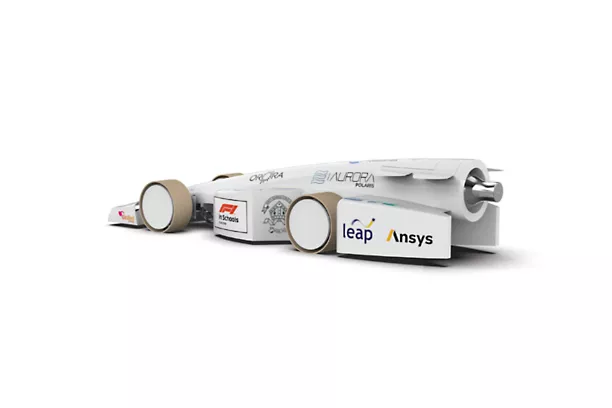
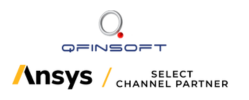
STEM Racing (formerly F1 in Schools) is an extra-curriculum educational STEM programme for pupils aged 6 – 18 years. Partcipants Design-Make-Test-Race miniature cars, based on F1-style technical regulations. The aim is to apply maths and science theory using F1 as a playbook for fun, interactive, Science, Technology, Engineering & Maths (STEM) learning. In South Africa, this is a critical requirement given the status of maths and science pass rates.
Design is done on CAD and Make using customised model blocks. All equipment is specifically made and supplied for STEM Racing teams by a single supplier. A core team of six participants are supported by six creative minds to support with project management, marketing, finance, sponsorship management and communications. Team success is judged accordingly. Ansys, Autodesk and The Project Management Institute (PMI) are some of the global programme partners.
To date, seven STEM Racing participants are working with F1 teams as engineers and professional specialists, at McLaren Formula One, Mercedes-AMG PETRONAS F1 Team, Mercedes AMG HPP, Red Bull Powertrains and, outside of F1, at BMW, NASA and SpaceX. In South Africa, former participants are excelling in entrepreneurship and with Top 40 companies.
STEM Racing South Africa is driven by Future Ones NPC. The KYP pilot programme in Kliptown has been running successfully since 2021 and is ready to grow their team of 30 pupils. Schools in Gauteng (3), Western Cape (3) and the Eastern Cape (4) are actively trying to secure sponsorships.
Play Your Part. To discuss school participation, collaboration partnerships and corporate sponsorships, Let's Talk.
View the Products and Let's Talk.
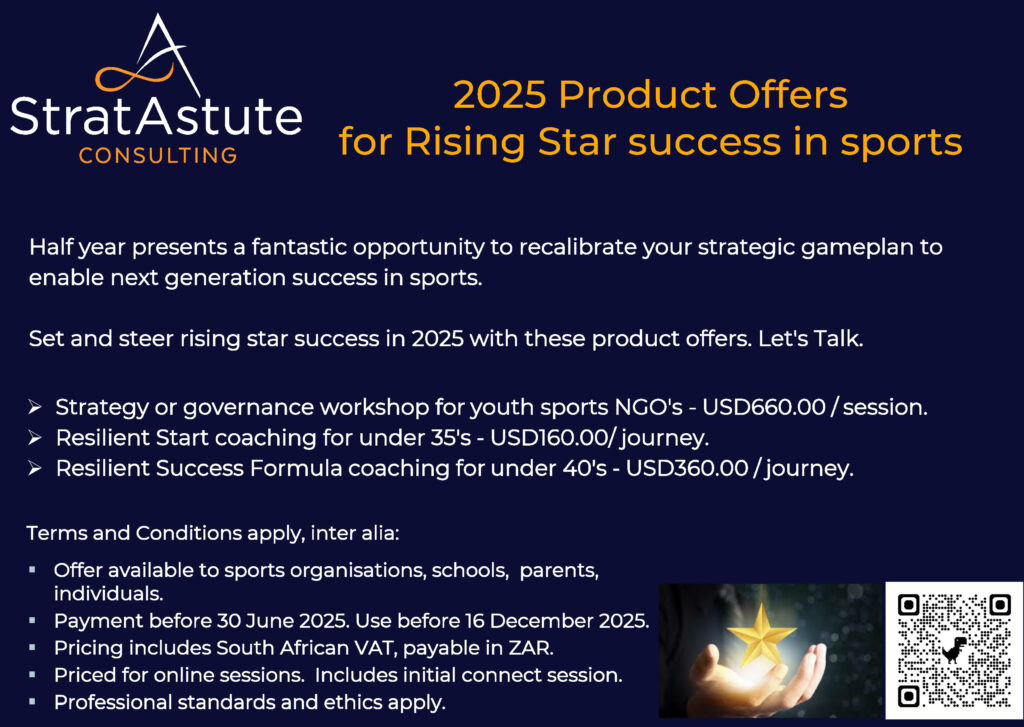
As adults, saying "Yes" to serve in the best interests of one's organisation, clients, career, relationships and community carries inherent trade-offs. Over time, the "tipping" effect leads to rolling hindsight gaps, evergreen in the mind.
Look closely into your own review mirror to find the prospective threads of progress:
1) Understand the story.
2) Evaluate the impact/influence to date.
3) Lift the lessons.
4) Acknowledge the experiential upside.
5) Reframe the "should haves" to "I choose to...".
Know and transcend your blind spots. Let's Talk.

For the third year running, Future Ones NPC is proud to partner with Simola Hillclimb to prioritise STEM education in motorsport. STEM Racing (formerly F1 in Schools) is designed for experiential learning, developed by engineers and supported by Formula One and its teams.
The world’s brightest STEM minds, aged 6 – 18 years Design-Make-Test-Race miniature cars, based on F1-style technical regulations. The aim is to apply maths and science theory using F1 as a playbook for fun, interactive, Science, Technology, Engineering & Maths (STEM) learning. The annual World Finals happens during an F1 race week – this year at the Singapore Grand Prix.
A team consist of six high potential STEM pupils, supported by six creative minds to support with project management, marketing, finance, sponsorship management and communications. Teamwork, excellence, accountability and leadership are some of the skills learnt by those who commit to the STEM Racing journey. All teams start with Primary STEM – paper-based cars and pump or gas cylinder propulsion. Thereafter teams Design on CAD and Make using customised model blocks. All equipment is specifically made and supplied for STEM Racing. Ansys, Autodesk and The Project Management Institute (PMI) are some of the global programme partners.




Programme-School-Sponsor partnerships can unlock dream careers in the world of motorsport and allied industries, in South Africa, internationally and ultimately, in F1. To date, seven STEM Racing participants are working with F1 teams as engineers and professional specialists, at McLaren Formula One, Mercedes-AMG PETRONAS F1 Team, Mercedes AMG HPP, Red Bull Powertrains and, outside of F1, at BMW, NASA and SpaceX. In South Africa, former participants are excelling in entrepreneurship and with Top 40 companies.

“Yes We Can” – South Africa has rising star talent and STEM Racing South Africa is the pathway to high performance careers in motorsport. Future Ones is focussed on building STEM design excellence, offering free CAD software and Simulation Software to participating schools in partnership with Qfinsoft, a select Ansys channel partner in South Africa and Africa.


The KYP pilot programme in Kliptown has been running successfully since 2021 and is ready to grow their team of 30 pupils. Schools in Gauteng (3), Western Cape (2) and the Eastern Cape (3) are actively trying to secure sponsorships.


For corporate sponsors and industry partners, the ROI lies in investing in next generation success, in attracting future consumers and in locking in scarce-skills STEM talent.
>>> PLAY YOUR PART <<<

It is a privilege to have been invited to play my part in tackling the rising risk of online abuse, online hate and hate crime in sport, supporting the International Federation of Motorsport's (FIA) United Against Online Abuse (UAOA) global, collaborative combat initiative.
"The level of sustained toxicity has reached crisis point. It is time for all of us to unite - and to act." - FIA President, Ben Sulayem.
Athletes, officials and volunteers are at risk, particulary females and young adults who are eager social media users. The high-competition.. high-rivalry nature of sport creates a culture of "us" and "them" which, when overlayed with prejudice, disrespect, intolerance and hate, can turn nasty, with or without malicious intent. This is amplified on digital platforms where e-sports, online communiities and online betting are growing.
While this plays out online, the high performers in sport are trying their very best to play their A-Game, represent their sport and countries and to earn an income. The negativity, insults and threats turn toxic, causing psychological and emotional harm to the individual and, over time, eroding the spirit of sport.
“Maybe you can think that it doesn’t hurt us. But it does. We are humans … sometimes, when we receive (these) messages, we are already emotionally destroyed after a tough loss...” - Caroline Garcia, female professional tennis player, after losing at losing at the first round of the US Open, 28 August 2024 (full post on X, formerly Twitter).
The research project is targeted for completion in 2026. This topic touches on the delicate balance between human rights and freedom of speech which requires upgraded due care in the digital era. On this basis, my reseach will investigate the strategic rationale and governance principles that support the combat of online abuse by federations across selected sports, including cricket, cycling, golf, motorsport, tennis and rugby. I urge sports federation leaders not to wait for published research but to apply due care and put online abuse higher on the agenda.
International and national federations are invited to get in touch directly or through Motorsport South Africa or the UAOA.
Sport must continue to be a force of unity, not division. Play Your Part - practice mindful kindness, online and everywhere.

Click on the latest press release and research context for more details.
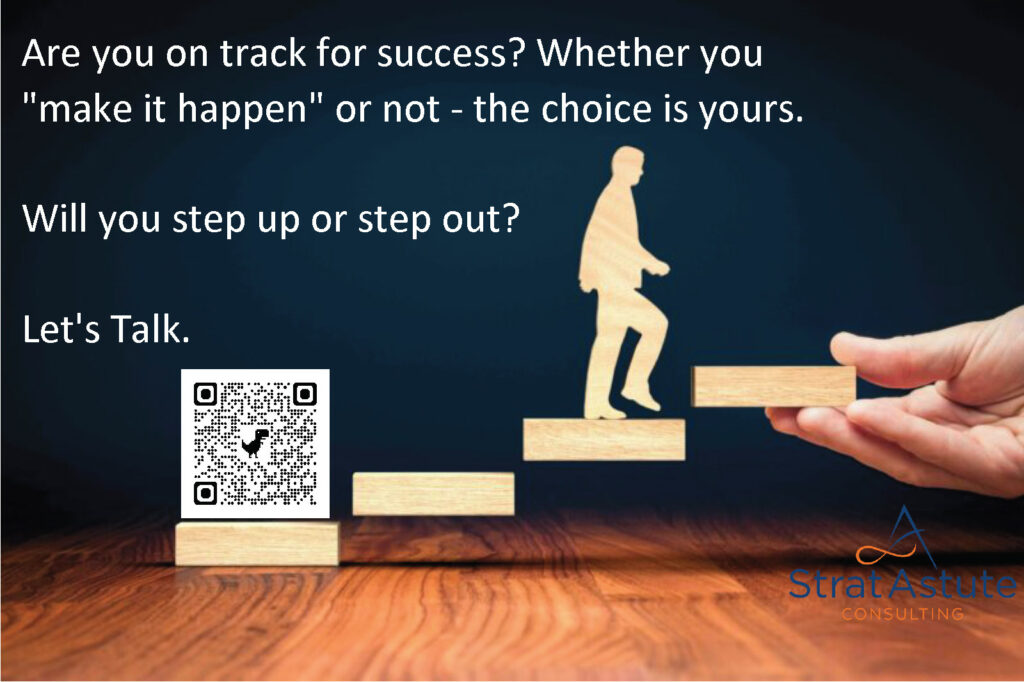
I choose to grow as a Resilient Leader. Let's Talk.
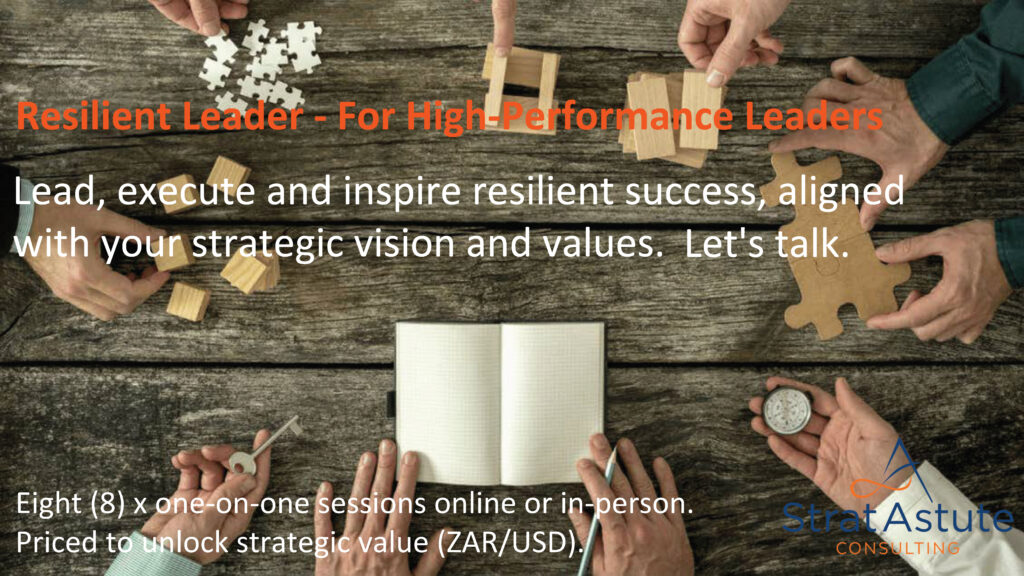
Ignite my Resilient Success potential. Let's Talk.
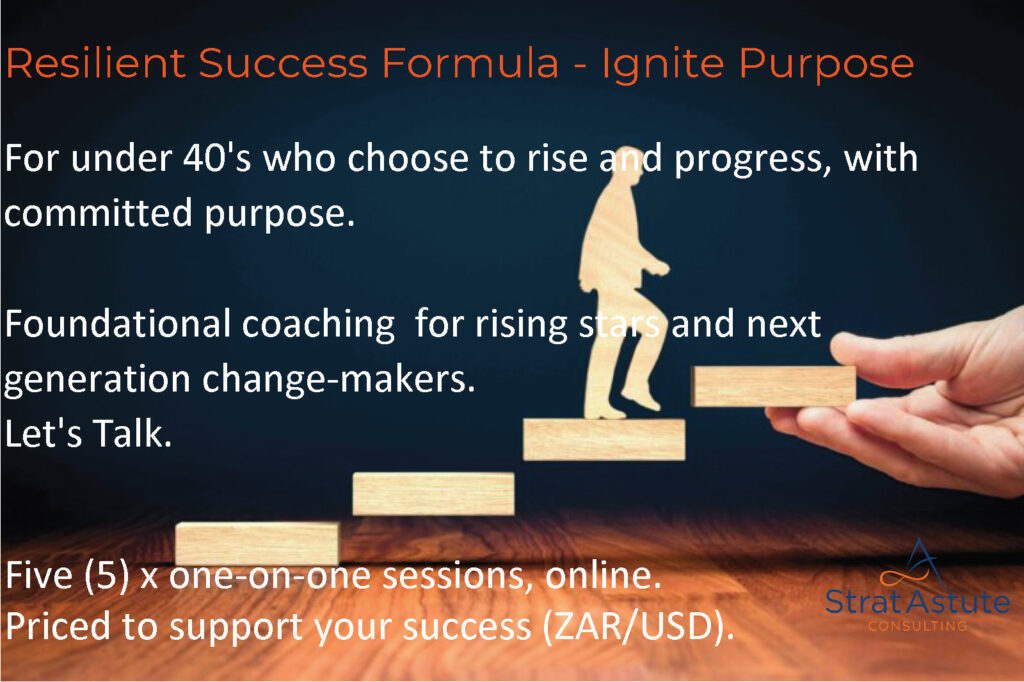
I opt for agile decision-making. Let's Talk.
